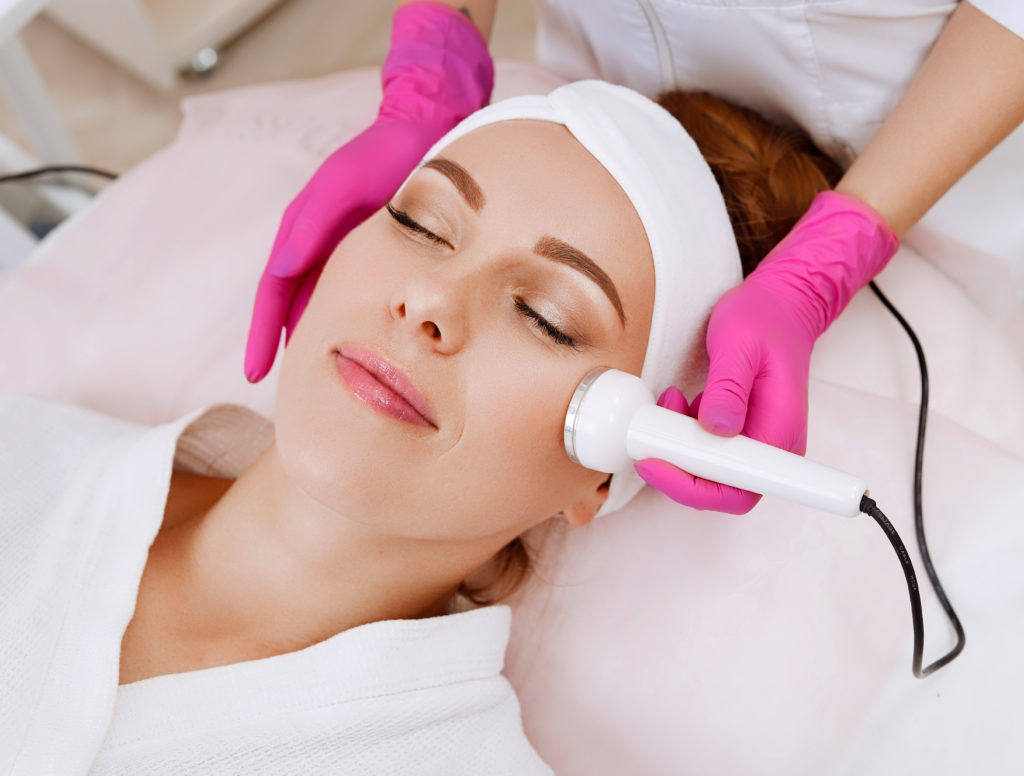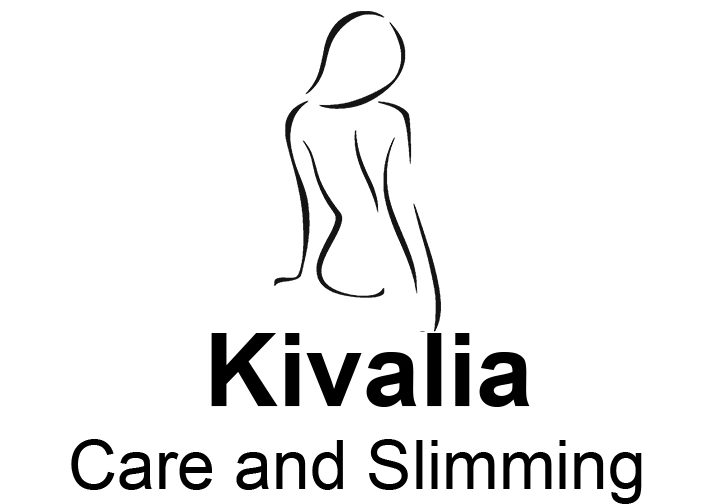Facial Skincare: Unlocking the Secrets to a Healthy and Youthful Complexion

Having healthy, radiant skin is a goal shared by many individuals. A well-executed skincare regimen can help address common skin concerns such as acne, fine lines, wrinkles, and dryness. By incorporating key products and techniques into your routine, you can achieve a smoother, brighter, and more youthful complexion. In this comprehensive guide, we will explore various aspects of facial skincare, including essential products, beneficial ingredients, and effective practices to maintain healthy skin. So let’s dive in!
The Importance of Skincare
Skincare plays a vital role in maintaining the health and appearance of our skin. Our skin is exposed to numerous environmental factors that can damage it over time. Sun exposure, pollution, harsh weather conditions, and aging can all take a toll on our skin’s health and contribute to various skin issues. A consistent skincare regimen can help counteract these effects and promote a clear, hydrated, and youthful complexion.
Cleansing and Exfoliating
A proper skincare routine begins with cleansing the skin. Cleansing removes dirt, excess oil, and impurities that can clog pores and lead to acne breakouts. It is essential to choose a cleanser formulated for your specific skin type. Those with dry skin may benefit from a gentle, hydrating cleanser, while individuals with oily or acne-prone skin might opt for a foaming or gel-based cleanser that helps control oil production.
Exfoliating is another crucial step in any skincare regimen. It involves the removal of dead skin cells from the skin’s surface, revealing a smoother and brighter complexion. Regular exfoliation can help prevent clogged pores, minimize the appearance of fine lines and wrinkles, and improve the absorption of other skincare products. There are various exfoliation methods available, including chemical exfoliants such as glycolic acid and physical exfoliants like scrubs. It is important to choose an exfoliation method suitable for your skin type and to avoid over-exfoliating, as it can cause irritation.
Moisturizing and Hydrating
Moisturizing is a crucial step in maintaining healthy skin. It helps replenish moisture, nourish the skin, and create a protective barrier against external aggressors. A moisturizer should be chosen based on your skin type and concerns. For dry skin, a rich and emollient moisturizer is recommended, while those with oily skin may opt for a lightweight, oil-free formula. It’s also beneficial to look for moisturizers that contain hydrating ingredients such as hyaluronic acid, which helps attract and retain moisture in the skin.
Hydrating the skin goes hand in hand with moisturizing. Hydration is essential for all skin types, including oily and acne-prone skin. A hydrating serum or essence can provide an extra boost of moisture, improve skin elasticity, and enhance the absorption of other skincare products. Look for serums formulated with hydrating ingredients like hyaluronic acid and glycerin.
Addressing Specific Skin Concerns
Acne is a common skin condition that affects many individuals. It is essential to establish a skincare routine that targets acne-prone skin without causing excessive dryness or irritation. Cleansers containing salicylic acid or benzoyl peroxide can help unclog pores and reduce acne-causing bacteria. Additionally, using a non-comedogenic moisturizer can keep the skin hydrated without clogging pores.
Fine lines and wrinkles are often a concern as we age. Products formulated with collagen-boosting ingredients like retinol can help improve the appearance of fine lines and wrinkles. Retinol works by stimulating collagen production and promoting cell turnover, resulting in smoother and firmer skin. However, it is crucial to introduce retinol gradually into your skincare routine to allow the skin to adjust and minimize potential irritation.
Brightening the complexion is another desired outcome for many individuals. Products containing antioxidants, such as vitamin C, can help reduce the appearance of dark spots, even out skin tone, and provide a radiant glow. Antioxidants protect the skin against free radicals, which can cause damage and accelerate the aging process.
Tailoring Skincare to Your Skin Type
Understanding your skin type is crucial for creating an effective skincare regimen. Common skin types include oily, dry, combination, and sensitive skin. Oily skin tends to produce excess sebum and is prone to acne breakouts. Lightweight, oil-free products that help control oil production are beneficial for this skin type.
Dry skin lacks moisture and can appear flaky and dull. Hydrating and nourishing products, including rich moisturizers and gentle cleansers, are essential for dry skin. Combination skin is characterized by oily areas, typically in the T-zone, and drier areas on the cheeks. A balanced skincare routine that addresses both oiliness and dryness is ideal for combination skin.
Sensitive skin is easily irritated and prone to redness and inflammation. It is crucial to choose skincare products that are free of fragrances, harsh chemicals, and potential irritants. Patch testing new products before applying them to your face is also recommended to avoid adverse reactions.
Conclusion
Achieving and maintaining a healthy, youthful complexion requires a consistent and personalized skincare regimen. By understanding your skin type and addressing specific concerns such as acne, fine lines, and dryness, you can tailor your routine to meet your individual needs. Incorporating essential steps like cleansing, exfoliating, moisturizing, and hydrating, along with utilizing beneficial ingredients like antioxidants, retinol, and hyaluronic acid, can help unlock the secrets to healthy and radiant skin. Remember, skincare is an ongoing process, and patience is key. With dedication and a well-rounded approach, you can enjoy the benefits of a glowing and revitalized complexion for years to come.
Find out more about our facial treatment
